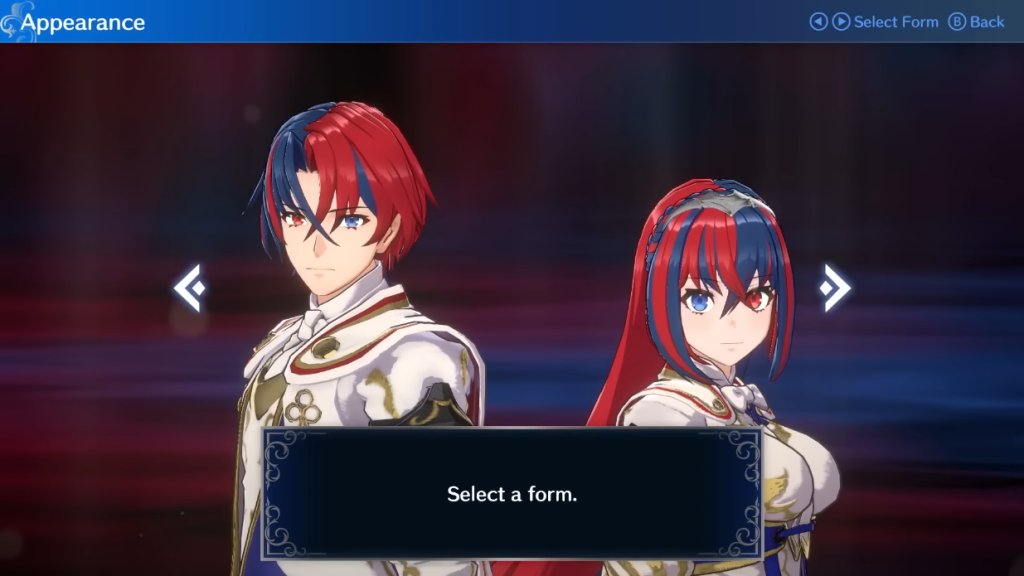Opinion: Western Localizers Have Deluded Themselves Into Believing They’re Actual Creators

Amid the recent hubbub surrounding localization issues in anime, it is timely to look at its video game counterpart — as these tend to range from simple translation errors to self-righteous, moralizing, and unwarranted scolding directed at players.
Localization is more than mere translation — it is an art of adaptation. With five years of experience as a localization editor for German and English, I have worked on indie titles and major releases like the Dark Souls Remaster, Dragon Quest XI, Lost Judgment, and many more for almost every major publisher.

RELATED: Western Localization Of ‘Fire Emblem Engage’ Removes Gendered Language, Censors Romantic Confessions
I took the job primarily because it is an easy gig if you are a decent wordsmith. So, working as a localization editor paid the bills while I was developing and writing my screenplays. You could practically perform this task in your sleep with a deep understanding of both cultures.
Localization is translation plus storytelling. To illustrate, consider these literal translations of German idioms: ‘It’s all Greek to me’ turns into ‘I understand only train station.’ ‘Adding your two cents to it’ turns into ‘adding your mustard to it.’ ‘Cross your fingers’ translates as ‘press your thumbs.’ And my favorite: ‘to luck out’ equates ‘to have a pig.’

Literal English translations of any German video game would ‘make for a salad’ (make a mess). It would turn the whole thing ‘cabbage and turnips’ (topsy-turvy) and — okay, I’ll stop it here.
Thus, localization editors have a lot of responsibilities ranging from adapting the text engine to shortening text to avoid bleeds but, most importantly, finding the proper meaning behind each phrase while not compromising on the source text.

While the lack of a localization editor can lead to comical mistranslations, an ideologically driven editor can distort a game’s narrative. As was done for Sega’s Judgment (2018) in a baffling attempt to align with a viral anti-catcalling video. To make a scene feel “gross” for players.
I am not making this one up. Outlets like Polygon have reported on this with glee. Bear in mind this was solely done because the localization producer thought the catcalling video was an important cultural milestone. What catcalling has to do with a hard-boiled action detective is still a question left unanswered.

The logic also falls apart because if the idea was to do this because the game caters to a majority male audience, why even bother? Most men will remember fondly the one time they got catcalled or received a positive remark from a female stranger. This virtue signal did not change minds.
The actual in-game section also had the opposite effect, even with the changed localization. At one point in the game, Yagami, the main protagonist, asks his lawyer friend, Saori, to go undercover as a hostess. Since Saori is an ugly duckling, the player is tasked with dolling her up. Once done, you are put in her shoes in a first-person sequence.

The contrast lies in the gameplay design — from the music and ambiance to the animations — all are crafted to praise the player’s choice of makeup and clothing. It is a literal catwalk, not a catcall. So, in the end, it was not just morally dubious to meddle with the source text. It was also entirely pointless.
But this is also how localization editors grant themselves leeway where there should be none: cultural sensitivity. I like to call it the death of creativity. They had to change it because it was a ‘sensitive’ gameplay sequence. Such interventions often reflect the views of a specific demographic rather than a broader audience.

And this is where problems arise. The first issue is the quality of the translations. These will range from mere spelling issues to outright nonsensical translations, leading us to the second problem: the localization editors. Their expertise shapes the final product, and their missteps can drastically alter the end product.
However, there is an upside to all of this: it is simple where to put the blame. And both publishers and game developers read comments or scan the internet for feedback. Localization departments and studios collect feedback, and any negative feedback will jeopardize their funding or outright existence.

In conclusion, feedback from gamers can drive improvements. As they demand accuracy and truthfulness, we all get ‘to have a pig’ and, hopefully, every localization editor ‘leaves the church in the village’ (does not get carried away) because of pressure from the top.
NEXT: NEO: The World Ends With You Localization Changes Script To Insert Anti-Capitalism Dialogue Line
More About:Anime Video Game Culture Video Games









